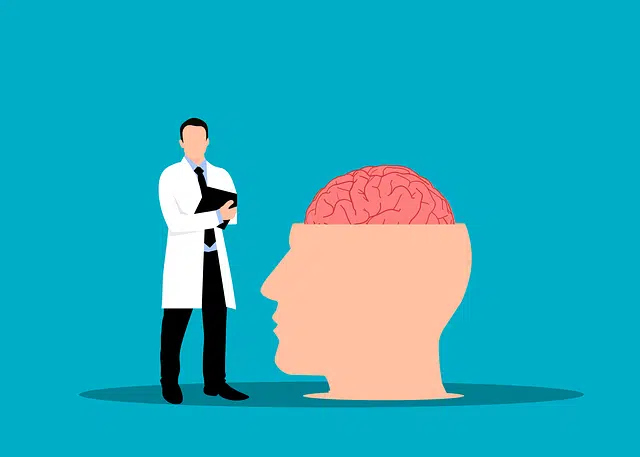
Neurology studies disorders and diseases of the nervous system.
Neurology is the specialty of medicine dedicated to studying disorders and diseases of the nervous system . An expert in this area is called a neurologist .
It should be remembered that the set of cells that are responsible for conducting electrical signals is called the nervous system . These cells are neuroglia and neurons .
Overview
Conditions of the autonomic nervous system , the peripheral nervous system and the central nervous system , therefore, are rehabilitated, treated, diagnosed and prevented by neurology. The professional in this area carries out a neurological examination of the patient to determine and locate their pathology, questioning them whenever possible and performing different tests.
Specifically, neurology can treat conditions that affect the muscles , nerves , spinal cord , and brain . Epilepsy , amyotrophic lateral sclerosis , Parkinson's disease and Alzheimer's disease are some of these diseases.
Life expectancy and statistics
It is believed that the growth in life expectancy affects an increase in the frequency of neurological diseases. This is linked to the aging of the nervous system , which causes a decline in the senses of hearing , sight and smell; reduces the speed of reaction and mobility; and modifies reflections, for example.
According to the Spanish Society of Neurology , it is estimated that 16% of the population of Spain suffers from some neurological disease. This figure reveals the importance of neurology for this country and allows us to glimpse its relevance for the rest of the nations as well.
Science has its theoretical and practical basis, on which it carries out its studies and diagnoses the population, but there is always a small margin of doubt regarding the reasons why these degenerative diseases arise that attack so many elderly people, sending them to spend their last decades without being able to reap the fruits of everything they sowed throughout their lives. There are those who believe that personal satisfaction is key to combating this disastrous statistic.
Cosmetic neurology
Although its name does not tell us much, cosmetic neurology is defined as the supposed potential that some therapies have to improve performance and effectiveness in the office, the level of concentration at school and, broadly speaking, happiness during the day. to day. This is a relatively recent phenomenon that continues to generate controversy, to the point that there is talk of "brain manipulators."

Through drugs and electrode treatments, cosmetic neurology enhances brain capabilities.
Cosmetic neurology makes it possible to enhance memory and alter mood by using so-called "smart" drugs or electrical impulses in the skull, to alternate the state of activity of certain neuronal circuits. In fact, in this context, implants of sensors and electrodes on the cerebral cortex are also included as part of the treatments against some ailments. In short, it is not only aimed at correcting diseases but also at improving healthy brains with properties chosen by the patient themselves.
Although technological advances in the area of neurology are increasingly impressive, the media tends to magnify them when disseminating their results. According to the scientific community, memory is still more powerful than manipulation techniques. And at this point comes the distinction between a qualitative improvement (which is unlikely) and a quantitative one (which can be achieved through cosmetic neurology). The results of scientific experiments seem promising, but there is a big difference between that and clinical verification of its effectiveness.
